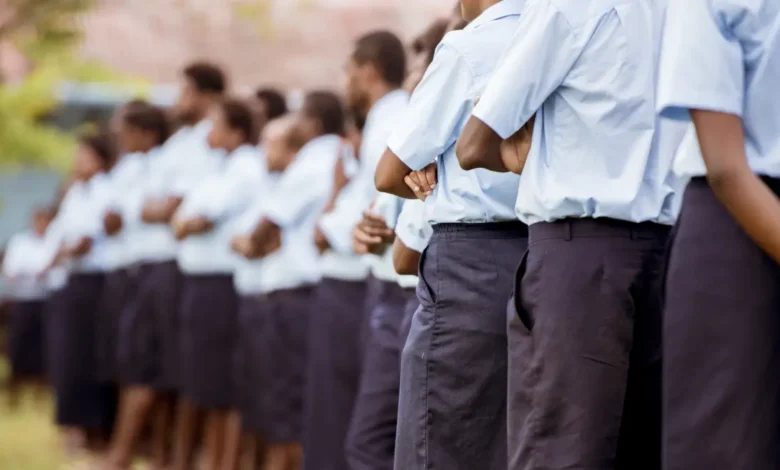Private vs Public Schools: Which Is the Better Choice?

Private vs Public Schools: What’s The Ideal Option For Your Child?
Choosing the right school for your child is one of the most important decisions a parent can make. In Gauteng, South Africa’s economic hub, parents are often faced with the question: Private vs Public school, which is better? Both options have their merits and challenges, and the right choice depends on your child’s needs, your family values, and your financial situation.
ALSO READ: University vs Private College: Which Is Right for You?
Private vs Public Schools: Understanding the Basics
Public schools, also known as government schools, are funded and operated by the Department of Basic Education. These schools are usually free to attend (or have minimal fees) and follow a standardised national curriculum. They serve the majority of South Africa’s student population and are located in nearly every suburb and town.
Private schools, on the other hand, are independently run and funded through tuition fees and donations. They have more autonomy over their curriculums, often offer internationally recognised programmes such as the International Baccalaureate (IB), and cater to a more exclusive student population.
Pros and Cons of Public Schools in Gauteng
✅ Advantages:
- Affordability and Accessibility
Public schools are generally much more affordable and are often within walking distance, making them accessible to a wide range of students. - Diversity and Inclusion
Gauteng’s public schools are melting pots of different cultures, languages, and backgrounds. This environment promotes social integration and helps students learn tolerance and respect. - Standardised Education
Public schools follow a national curriculum, ensuring students are educated within the same framework, regardless of their location. This can be beneficial when transitioning between schools or applying for tertiary institutions within South Africa.
❌ Disadvantages:
- Overcrowding
Due to high demand and limited infrastructure, many public schools suffer from overcrowded classrooms, which can hinder a child’s learning experience. - Limited Individual Attention
Larger class sizes mean teachers may not be able to give each student the attention they need, especially those who require extra help. - Resource Constraints
Many public schools operate under tight budgets, which can lead to underfunded facilities and a lack of extracurricular offerings.
Pros and Cons of Private Schools in Gauteng
✅ Advantages:
- Smaller Class Sizes
Private schools usually have lower student-to-teacher ratios, allowing for more personalised attention and tailored learning experiences. - Advanced Facilities and Resources
With more funding at their disposal, private schools often boast cutting-edge facilities, technology, and a wider range of extracurricular activities. - Specialised Programmes
From arts and sports academies to STEM-focused curriculums and international qualifications like the IB, private schools offer students a more customised education. - Strong Values and Ethics
Many private institutions are guided by specific religious or moral philosophies, which can align with family values and offer a character-building environment.
❌ Disadvantages:
- High Tuition Fees
The biggest hurdle for most families is the cost. Private school tuition in Gauteng can place a significant financial strain on a household. - Limited Cultural Diversity
Due to the high costs, private schools often lack the socioeconomic and cultural diversity found in public schools. - Pressure to Perform
With high tuition comes high expectations. Students in private schools may face added academic and social pressure to succeed.
Private vs Public Schools: Which Is Better for Your Child?
The answer isn’t black and white. If your family can afford it, private schools in Gauteng offer a host of benefits: advanced resources, smaller class sizes, and enriched learning environments. However, public schools remain a strong and inclusive option, especially when well-resourced and led by passionate educators.
When deciding, consider:
- Your child’s learning style and social needs
- Your family’s financial ability
- The school’s track record and values
- Location and accessibility
In the Gauteng education landscape, both private and public schools can provide a solid foundation for your child’s future. While private schools may offer more in terms of facilities and personalised learning, public schools promote accessibility, diversity, and resilience.
Whatever your decision, the most important factor is ensuring your child feels supported, motivated, and empowered to succeed—regardless of the school’s label.